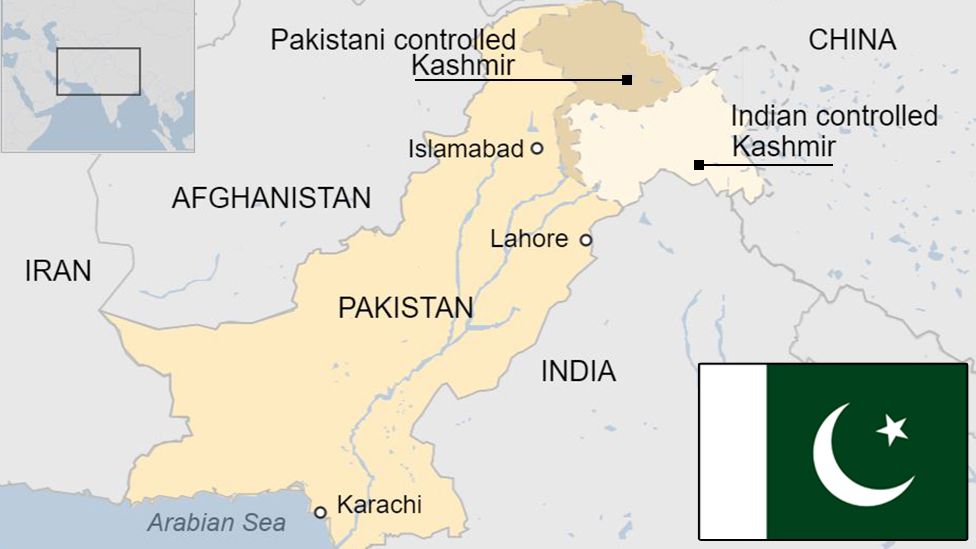
Pakistan Misses IMF Social Spending Target as Key Provinces Fall Short » Capital News
ISLAMABAD, Pakistan Aug 10 – Pakistan narrowly missed the International Monetary Fund’s (IMF) target to spend at least Rs2.86 trillion on improving health and education, with Sindh, Khyber-Pakhtunkhwa (K-P), and Punjab falling well short of their commitments.
Despite one in four children being out of school and half of grade-five pupils unable to read grade-two Urdu stories, education spending remained a low priority. Against the IMF’s annual goal of Rs2.863 trillion, the federal and four provincial governments spent Rs2.84 trillion in the last fiscal year — Rs27 billion less than required, government sources said.
Compared to targets set in memorandums of understanding (MoUs) signed by all five governments, actual spending was Rs240 billion below commitments. Sindh, K-P, and Punjab missed their goals by significant margins, while the federal and Balochistan governments exceeded theirs. Officials cited poor administrative structures and low absorption capacity as key reasons for the shortfall.
IMF Monitoring and Commitments
The IMF imposed quarterly and annual spending ceilings to protect social sector budgets from being sacrificed to meet other conditions, such as budget surpluses and fiscal balance targets. In May, Pakistani authorities pledged to improve provincial capacity in health and education.
The IMF’s staff report noted that Pakistan’s social sector spending has declined since 2018. All governments had aimed to raise health and education allocations to 2.4% of GDP, but actual execution fell short — especially in Sindh and K-P.
The annual target was missed despite a late surge in April–June, when combined spending hit Rs937 billion against a quarterly target of Rs713 billion, almost one-third higher than planned. However, this was not enough to offset deficits from the previous three quarters.
Authorities acknowledged a decline in non-Benazir Income Support Programme (BISP) health and education spending in recent years and committed to gradually increasing it as a share of GDP over the three-year IMF programme.
Provincial Performance
Compared to internal budgetary goals, the federal government spent Rs261 billion on health and education against a Rs248 billion target. Punjab fell Rs35 billion short, spending Rs1.15 trillion in total. Provincial Information Minister Azma Bukhari said Punjab’s health budget was Rs524.8 billion, with Rs505 billion spent — 96% of the target. Education allocations stood at Rs664 billion, with Rs649 billion spent, or 98% of the goal.
Sindh, led by Chief Minister Syed Murad Ali Shah, underperformed the most, missing its target by Rs153 billion — spending Rs670 billion against a target of Rs853 billion. Observers note that provincial governments often favour large, visible infrastructure projects over softer social sector investments.